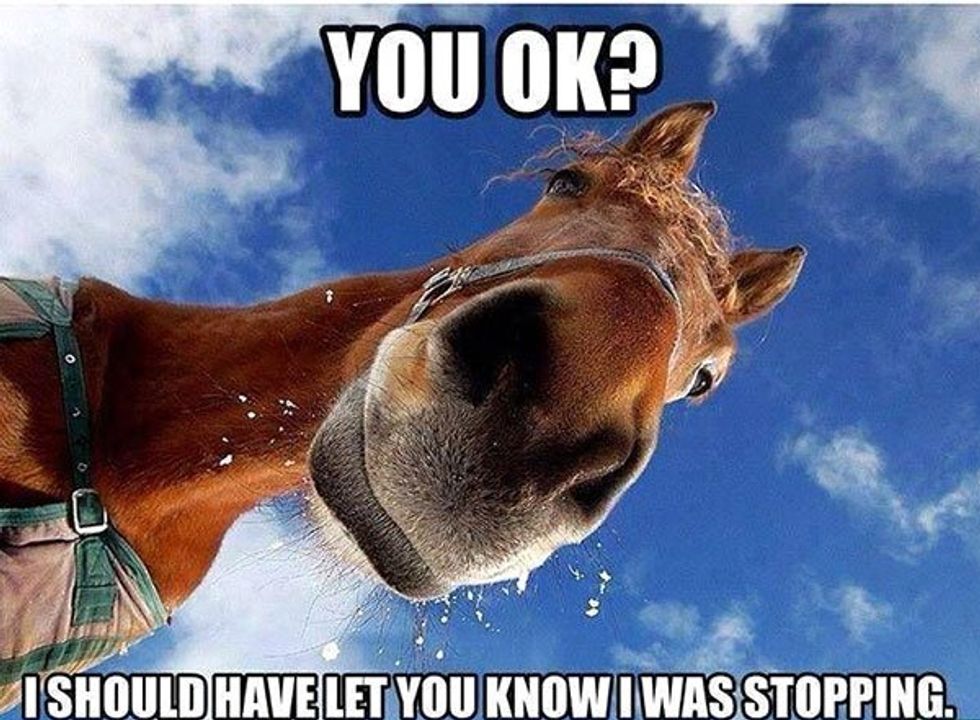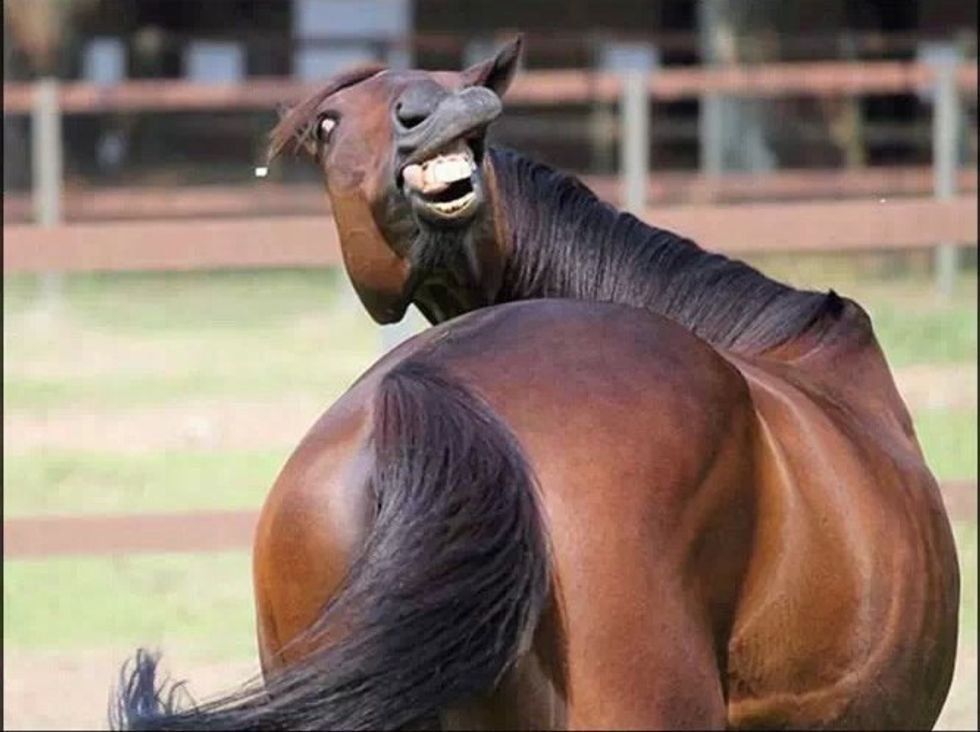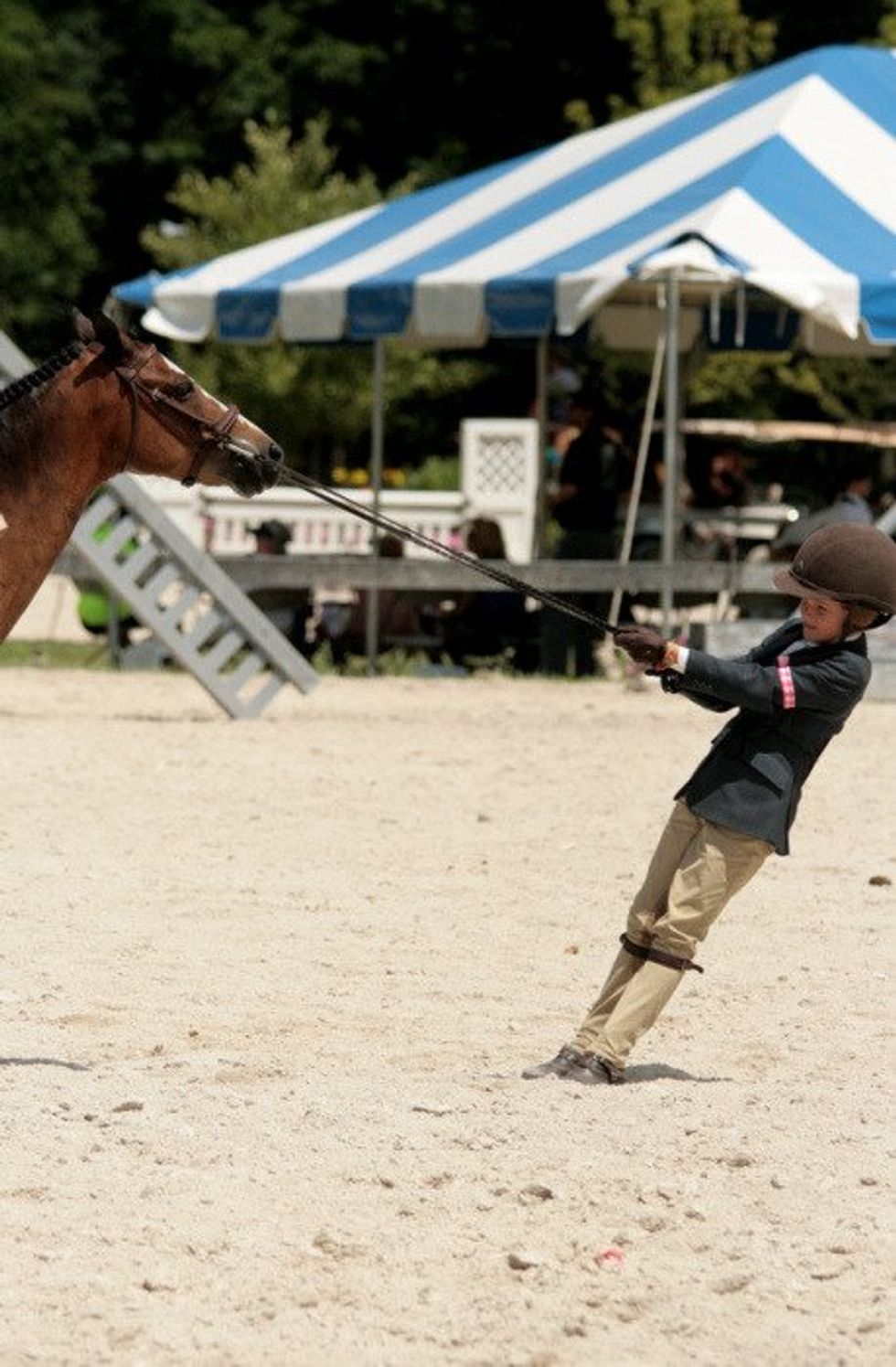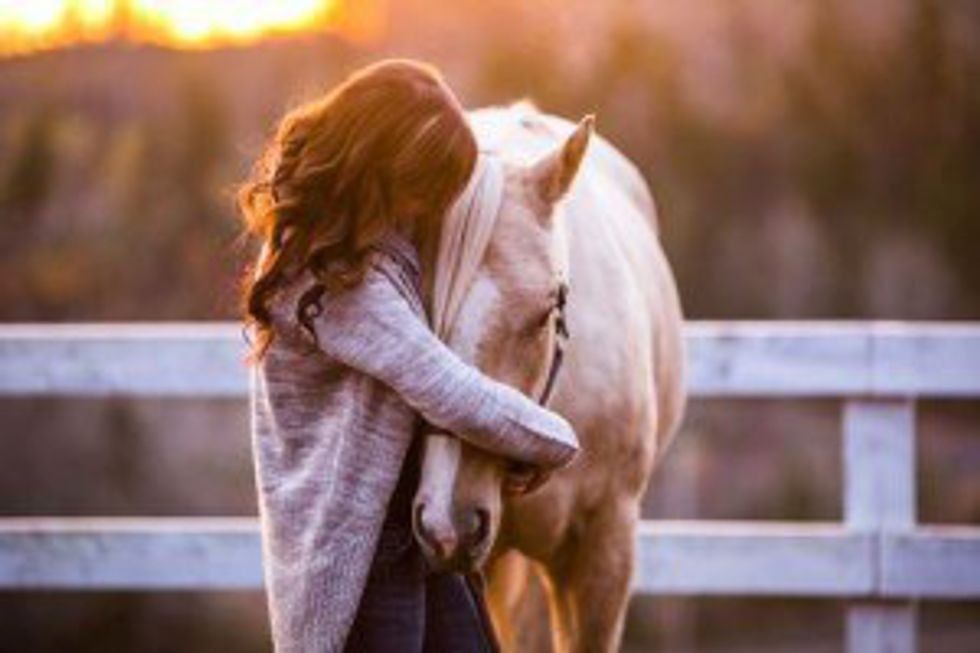I first read C.S. Lewis as a nine-year-old girl. When I first read The Lion, The Witch, and The Wardrobe, and it captured my attention and my imagination.
Life moved on, I became an adult, and I later read other non-fiction and philosophical books by Lewis. But what breaks me — even to this day — are a few pages in his fiction book The Voyage of the Dawn Treader.
A Rotten Boy
In those pages, C.S. Lewis offers us a powerfully personal image of regeneration.
The scene starts with Eustace, a rotten boy, who has found himself in possession of a large fortune. He imagines the life and comforts he could now enjoy, and in his comforts he falls asleep with his treasure. When he awakes, Eustace is no longer a boy but a dragon, the outward manifestation of his inner greed and selfishness.
The gold bracelet he had put on his boy arm was now constricting his dragon leg, and the pain was piercing. Even worse, the physical pain mingled with the pain of realizing he was now cut off from humanity, isolated and alone. He begins to weep large, hot dragon tears.
A Gracious Savior
In mercy and compassion, Aslan arrives, and leads the dragoned Eustace to a garden on top of the mountain, and then to a well at the center of the garden.
Eustace looks at the well and knows if he could just get into the water the pain in his leg would be soothed. But Aslan says he will have to be undressed first. After a moment of confusion Eustace, remembers that he is a dragon and that dragons have skins like snakes which could be shed. With his new claws, Eustace begins tearing at his dragon skin. He peels off one layer only to discover another nasty, scaly, and rough layer underneath. And then another. After three layers, he realizes it’s vain — he will never make himself clean or get rid of his pain or shed the nasty skin.
A Gash of Grace
“You will have to let me undress you,” says Aslan the Lion.
So desperate was Eustace, even his fear of Aslan’s claws was not enough to stop him from laying down flat on his back. Laying anxious on the ground, here’s what Eustace felt.
The very first tear he made was so deep that I thought it had gone right into my heart. And when he began pulling the skin off, it hurt worse than anything I’ve ever felt. The only thing that made me able to bear it was just the pleasure of feeling the stuff peel off. . . .
Well, he peeled the beastly stuff right off — just as I thought I’d done it myself the other three times, only they hadn’t hurt — and there it was lying on the grass: only ever so much thicker, and darker, and more knobbly-looking than the others had been. And there was I as smooth and soft as a peeled switch and smaller than I had been. Then he caught hold of me — I didn’t like that much for I was very tender underneath now that I’d no skin on — and threw me into the water. It smarted like anything but only for a moment. After that it became perfectly delicious and as soon as I started swimming and splashing I found that all the pain had gone from my arm. And then I saw why. I’d turned into a boy again. . . .
After a bit the lion took me out and dressed me . . . in new clothes.
The Healing Stings
I have cried many tears of sober gratitude at the grace in this scene. It hits close. It stings and heals.
This scene always grabs my heart. It reminds me that I cannot fix myself. It paints a beautiful picture of baptism and transformation to new life. It humbles me as I put myself in Eustace's place. And even long after our initial baptism we have the ongoing challenge of surrendering to God's work in our lives which can be painful at times, even when it's a good pain.
As Tim Keller once said in a sermon, “The way to deal with guilt is not to avoid it, but to resolve it. Eustace not only realized he couldn’t get his own skin off, but that only God can come and take your skin off, and to do this you have to let him pierce deep. You must take all the guilt on yourself and stop blame shifting and take responsibility for what you’ve done wrong. No excuses. Full in the face.”
I look my sin in the face. I too was a dragon, an ugly, nasty, snake-skinned creature deep in self-made misery, lonely and fearful. But because of the grace of God, the Lion of Judah beckoned me to the garden built on the Mountain, and to the Well of Living Water.
He made me a new creature, and gave a hopeless sinner a future.
An Eternal Hope
When Christ tore through my flesh, a flesh I could not put off, he turned my stone heart to a heart of flesh. By the blood of a Lamb, I went from a dragon to a girl.
Like Eustace, I have my relapses. There are still many days when I can be tiresome. But the cure has begun, and it’s a cure that will be finished in good time (Philippians 1:6; 1 John 3:2). And when it’s done, I will walk in a new garden, to live with God, and to drink from the river of pleasure forevermore.
Lewis tells truth: Conversion begins only when I recognize that I cannot change my skin. There is no “self-help,” no “extreme soul makeover.” I can never cure myself. Only if and only when I surrender to the One who rips deep the fibers of our dragon-ness, can I ever hope to be the person, the daughter I was created to become…
I am Eustace Scrub… Then, and now…




 teenhorseforum
teenhorseforum
















